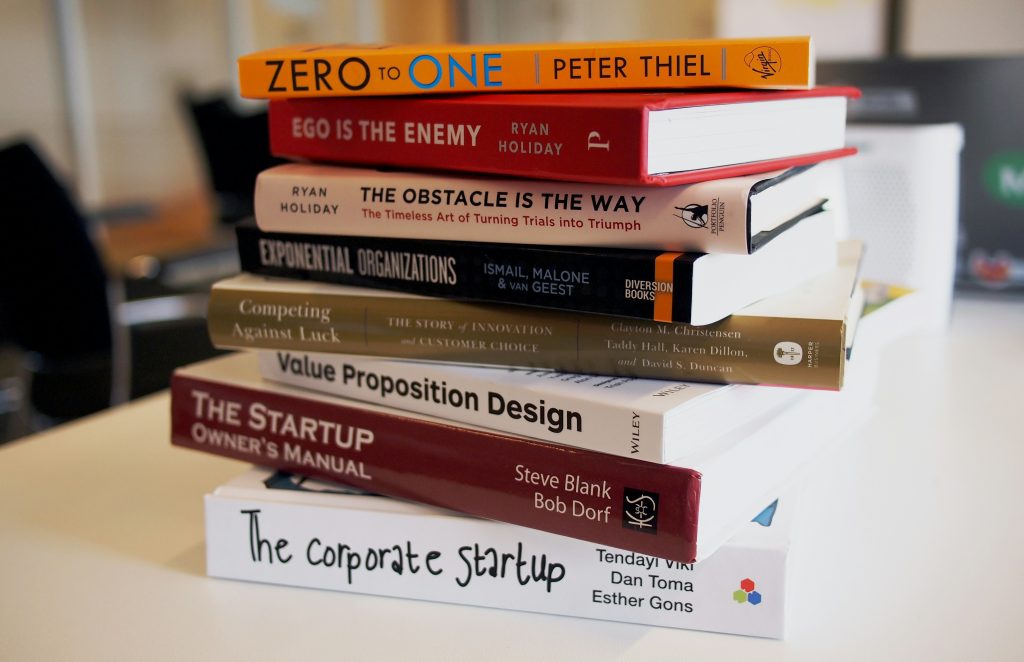Self-Help books have been around for centuries, with topics spanning from guiding you to achieve your best self to books detailing on how to be rich. Books like “The Subtle Art of Not Giving a F***” or “Atomic Habits” have been circling around bookstores all over the world preaching about self-help and how to better yourself. This genre is extremely popular that the market is worth around $13.4 billion as of 2023. But just how helpful are these books anyway?

As a psychology student who’s interested in media, this is such an interesting phenomenon to me. On one hand, no one can stop you to keep improving yourself, but on the other hand, people should know that some of the words written can be very misleading. Take, for example, the 2008 self-help book “Outliers: The Story of Success” by Malcolm Gladwell. In his book, Gladwell mentioned that a musician may master their instrument after 10,000 hours of rehearsing; he claimed that in order to achieve mastery, that’s how many hours it takes. When I read this a few years ago, I was stunned. This was such a breakthrough; Just keep repeating yourself for years and maybe you will get somewhere. Though of course, in reality, it is not that simple. Several authors have debunked this theory already, particularly those who worked in the medical field. Mainly because as humans, we are more complex than that; it is also worth noting that the book author’s credibility regarding the medical field is somewhat unreliable.
This is one of the main problem with self-help authors out there. Spreading information that is not yet fact-checked or citing outdated research can trick its reader into doing or believing something that is not even useful for them; and as we know, misinformation can spread like wildfire, especially when its under a multi-billion dollar market. Moreover, with the use of social media, the readers can influence other people to follow certain lifestyle; this also means that authors (or content creators!) are also free to guide or give self-help tips that might not even be practical.
I am not saying that all self-help book is bad and full of hoax, because some of it might also be helpful; Tips you can implement on your daily routines, quotes that may have kept you going all these years, or even books that are talking about specific issues, may be helpful for those who are looking for a purpose or someone to relate to. Particularly, ones that talked about coping with mental problems, where readers are expected to feel hopeful.
But alas, hope is a double-edged sword. The false-hope that these books were giving to its readers is also a growing problem in our society. You can say that changes does starts from within, but if our environment, culture, and the everything that is taking part in their role did not change, then can you fully change? There is an insightful study that discusses the false-hope problem with work-related self-help books that investigate why after reading self-help books, some people don’t really change.
In truth, there is no “actual” harm in reading any self-help book; just take it with a grain of salt. Be skeptical and inquisitive when you read one. After all, we are the only ones that could really start to help ourselves.


Recent Comments